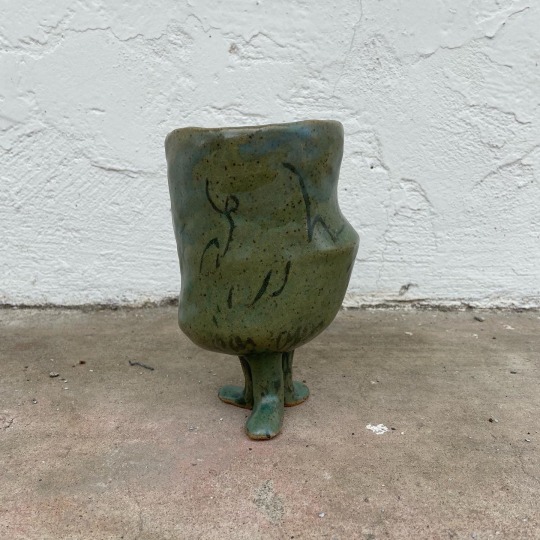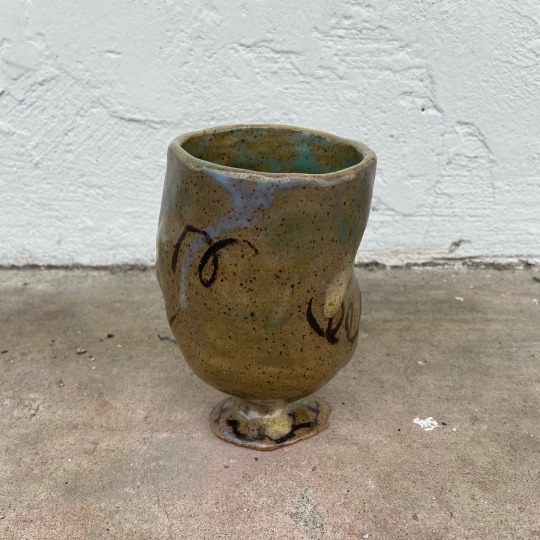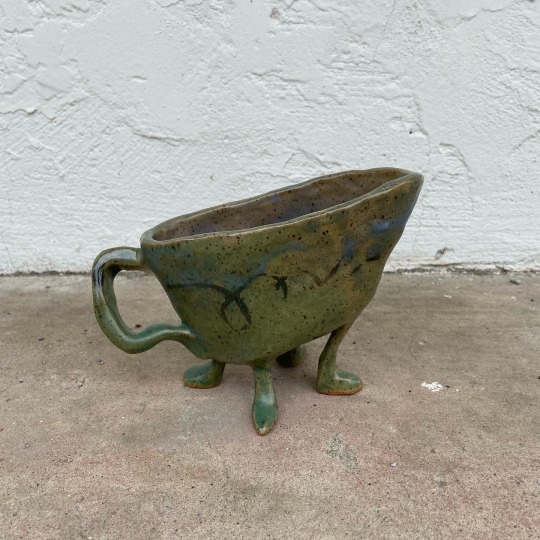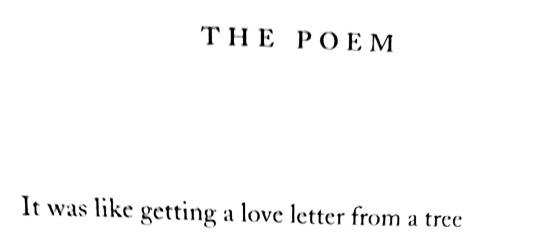Link
Israel’s hasbara tactics have expanded beyond solely linking Palestinians to terrorism, tools of the “War on Terror” years. Hasbara 2.0, or maybe 3.0, is now focused on deeming Palestinian resistance antisemitic — and this has global reach. More than 30 U.S. states have passed laws specifically targeting the BDS movement for supposedly being antisemitic, as shown in the new Just Vision movie “Boycott.” More than 35 countries around the world have now embraced the IHRA definition, which has assumed “legal form and legal legitimacy,” as the scholar Rebecca Gould has argued.
Israeli politicians have called the reports by HRW and Amnesty antisemitic. When the UN Special Rapporteur Michael Lynk, in his final report last March, also conceded that Israel is practicing the crime of apartheid, Israeli leaders again responded with accusations of antisemitism.
[…]
The politics of what I’m outlining here are clear for everyone to see. The struggle for Palestinian rights — using international law, the ICC, and the UN — is antisemitic. It is a threat deserving of equal, if not greater, state intervention and combat as the shooting of worshippers in synagogues under the banner of white supremacy. This equalization is made even more sinister and insidious when noting that the overwhelming majority of actual antisemitic incidents can be traced back to white supremacist ideology. This misrepresentation is a product of the synergies between right-wing ideology and Zionism, synergies which are evident in the pairing of support for Israel with increasingly repressive tactics.
123 notes
·
View notes
Text





teapot creature set 2022
speckled buff & black clay inlay
6K notes
·
View notes
Text
I am simultaneously happy and unhappy, exalted and depressed, overcome by both pleasure and despair in the most contradictory harmonies. I am so cheerful and yet so sad that my tears reflect at once both heaven and earth. If only for the joy of my sadness, I wish there were no death on this earth.
E. M. Cioran, from On the Heights of Despair
469 notes
·
View notes
Photo




Imogen Cunningham’s early symbolist work (1910–12)
12K notes
·
View notes
Text
“I would love to talk to you about many things and see you listening silently; to read to you sometime.”
— Rainer Maria Rilke, from a letter to Lou Salomé witten c. April 1904
5K notes
·
View notes
Text
Эй! Господа! Любители святотатств, преступлений, боен, — а самое страшное видели — лицо мое, когда я абсолютно спокоен?
Hey! Gentlemen! Amateurs of sacrilege, crime, and carnage, have you seen the terror of terrors – my face when I am absolutely calm?
Vladimir Mayakovsky, «Облако в штанах»
321 notes
·
View notes
Text
“I used to analyze myself down to the last thread, used to compare myself with others, recalled all the smallest glances, smiles and words of those to whom I’d tried to be frank, interpreted everything in a bad light, laughed viciously at my attempts ‘to be like the rest’ –and suddenly, in the midst of my laughing, I’d give way to sadness, fall into ludicrous despondency and once again start the whole process all over again – in short, I went round and round like a squirrel on a wheel.”
— Fyodor Dostoyevsky, Crime and Punishment
1K notes
·
View notes
Link
Since the start of the last decade, Defense Ministry teams have been scouring Israel’s archives and removing historic documents. But it’s not just papers relating to Israel’s nuclear project or to the country’s foreign relations that are being transferred to vaults: Hundreds of documents have been concealed as part of a systematic effort to hide evidence of the Nakba.
An investigative report by Haaretz found that Malmab has concealed testimony from IDF generals about the killing of civilians and the demolition of villages, as well as documentation of the expulsion of Bedouin during the first decade of statehood. Conversations conducted by Haaretz with directors of public and private archives alike revealed that staff of the security department had treated the archives as their property, in some cases threatening the directors themselves.
Yehiel Horev, who headed Malmab for two decades, until 2007, acknowledged to Haaretz that he launched the project, which is still ongoing. He maintains that it makes sense to conceal the events of 1948, because uncovering them could generate unrest among the country’s Arab population. Asked what the point is of removing documents that have already been published, he explained that the objective is to undermine the credibility of studies about the history of the refugee problem. In Horev’s view, an allegation made by a researcher that’s backed up by an original document is not the same as an allegation that cannot be proved or refuted.
554 notes
·
View notes





















